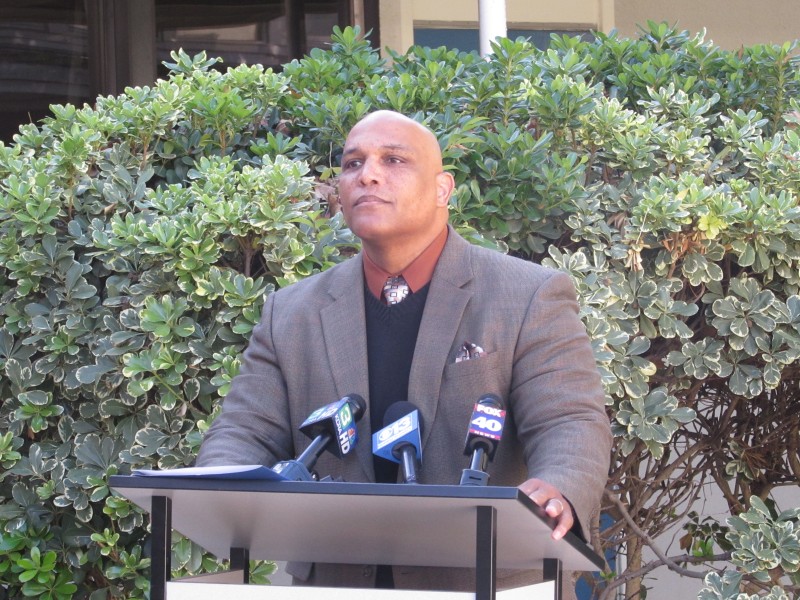Science suggests that a four day work week is better for motivation, happiness
PHOTO: Comic strip by Maya Delaney
By Gwynn Canfield
BlueDevilHUB.com Staff–
Imagine you’re working a stereotypical office job: five days in a row stuffed uncomfortably into a cubicle for eight hours. At the end of the week, your hard, tumultuous labor is rewarded with just two days of rest, which may consist of staying up past midnight and sleeping in until noon.
For many, this temporarily abnormal sleep schedule serves as the staple of a well-earned weekend. Regardless of its frequency, this irregularity poses a threat to our Circadian Rhythm. This is a system in our brains which, as defined by The National Institute of General Medical Sciences (NIGMS), consists of innate physical, mental and behavioral changes that depend upon a 24-hour cycle.
This biological clock takes three days to fully adjust when differing sleep patterns are imposed. When adequate time isn’t provided, the proteins in our cells associated with initiating feelings of wakefulness and alertness fail to function properly. This almost guarantees a grogginess that persists even through caffeine’s feeble attempts to revive you, according to NIGMS.
With a typical five-day work week, premature shifts in our Circadian Rhythm occur twice, once when the weekend begins and once when the weekend ends. These frequent adjustments affect physiological wellbeing and undoubtedly hinder workplace performance.
However, the three-day adjustment period fits perfectly with a three-day weekend. By allowing our bodies to function properly, a full adjustment would promote better mental and physical well being. This would, in turn, promote productivity when workers return to the workplace, all following three well-earned days off.
It could be argued that, if such negative effects result from altered sleep schedules, workers should simply maintain their workday routine throughout the two-day weekend. However, I think that work shouldn’t consume your life. Workers should be able to enjoy both a regimented, reliable work life and a freeing and relaxing weekend — the two should be separated.
Along with physiologically oriented benefits, an extra weekend day would allow for more time to pursue endeavors outside of the workplace. Whether this involves spending time with family and friends, enjoying a hobby or taking a vacation, this would provide workers with a greater sense of self and purpose.
In 2021, National Public Radio (NPR) covered an Icelandic research trial which had 2,000 workers participatein reduced 35-hour work weeks. The trial, lasting from2015 to 2019, was initiated by labor unions who noticedthat Iceland exhibited much lower rankings in work-lifebalance than its Nordic counterparts.
Results showed that, with their newfound free time, people “spent more time exercising and seeing friends, which then had a positive effect on their work.” Additionally, trial members felt that “rather than being seen as machines that work all day, there was recognition that workers have desires and private lives, families, and hobbies.”
The extra time allotted to workers for their private lives both promoted the workers’ wellbeing as well as strengthened the workers’ appreciation for their companies, a connection which I think is essential for the production of high quality work.



